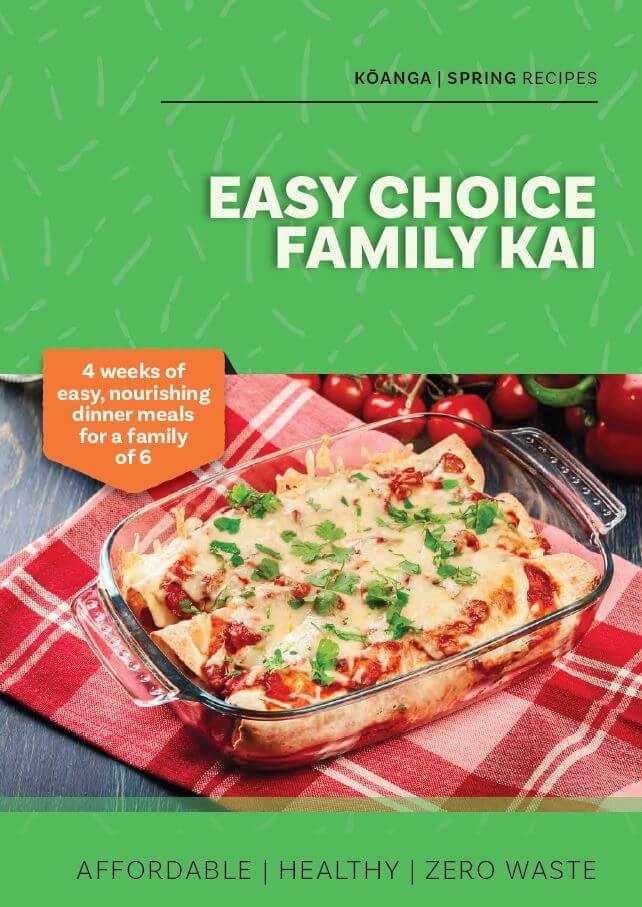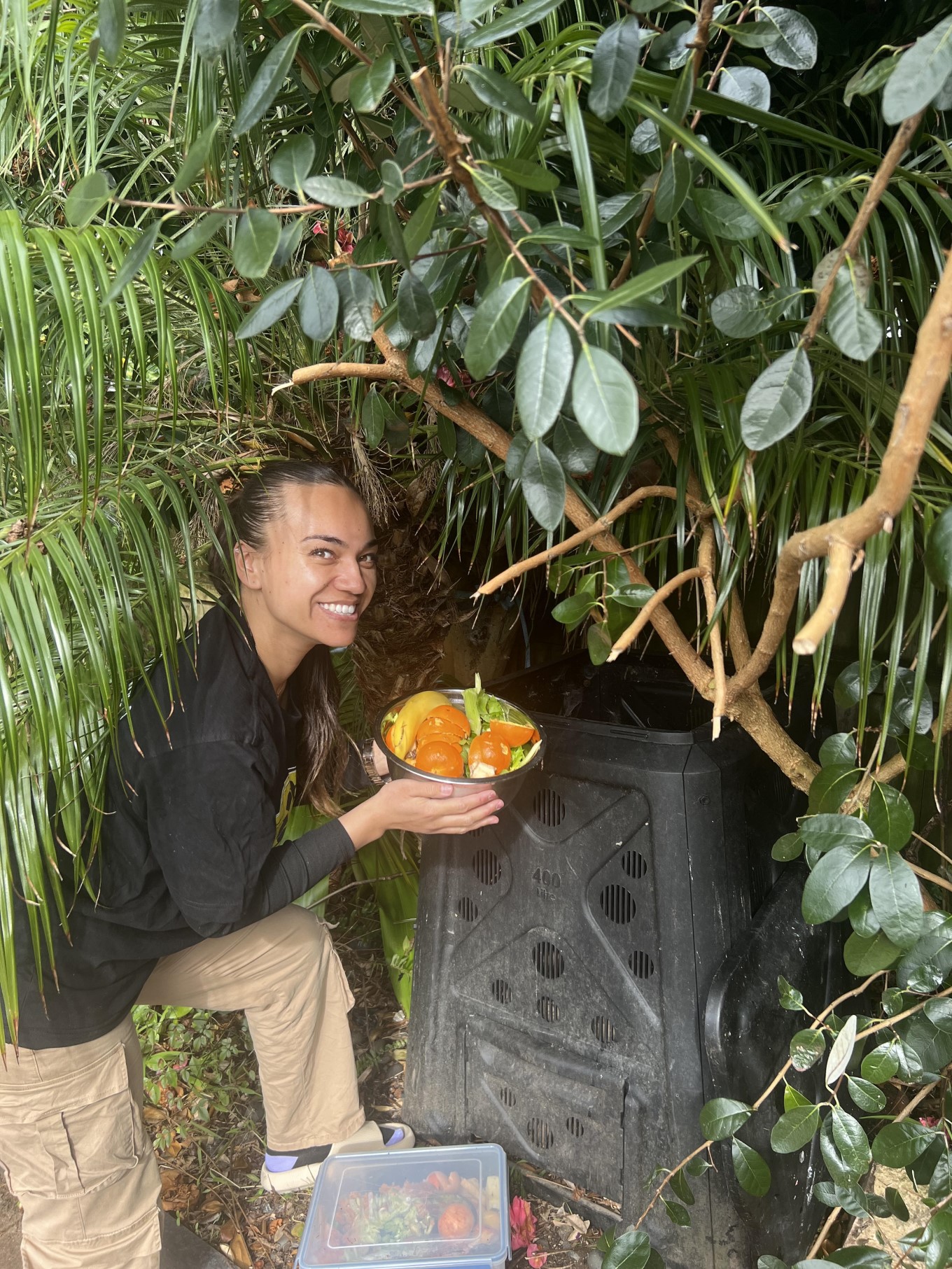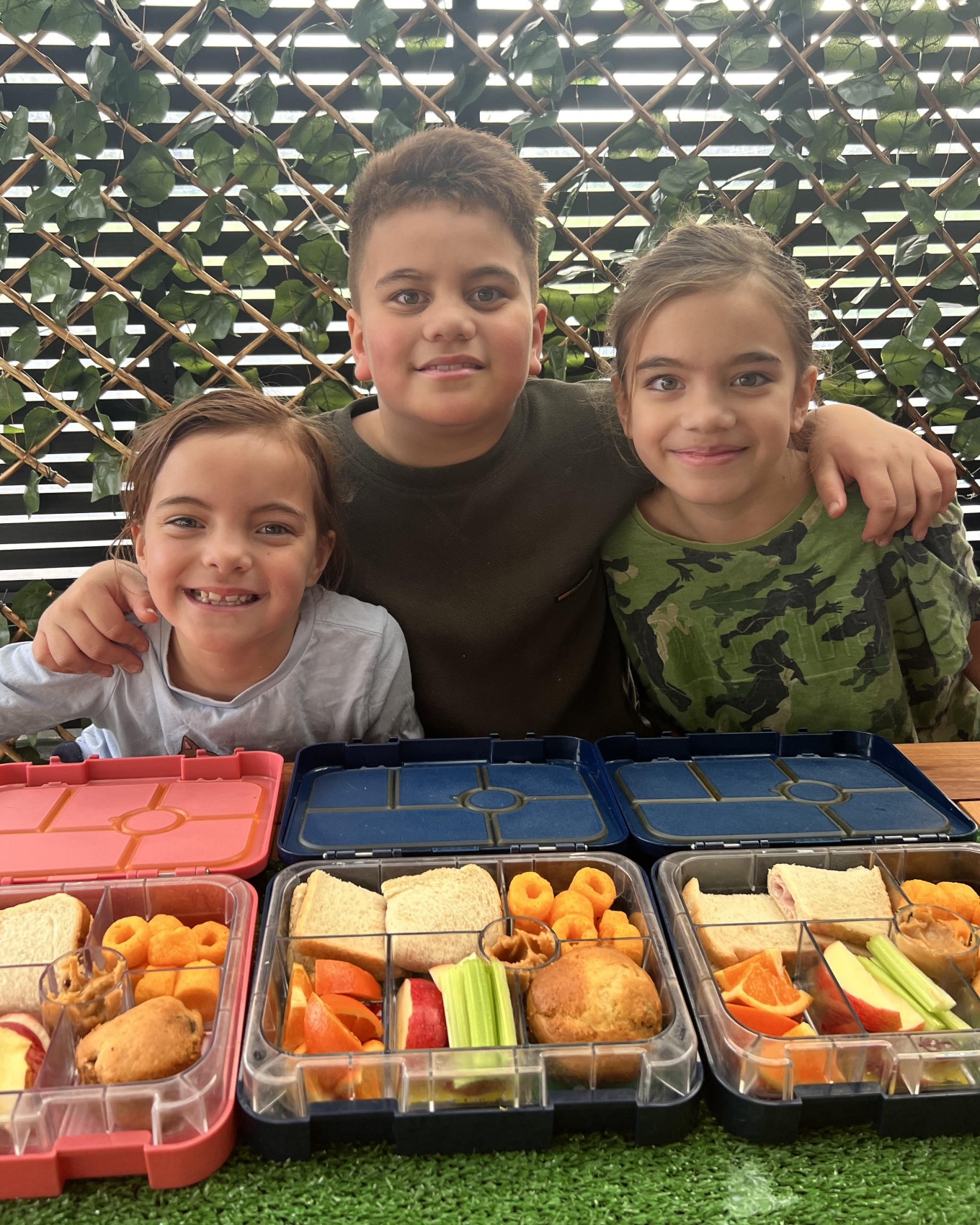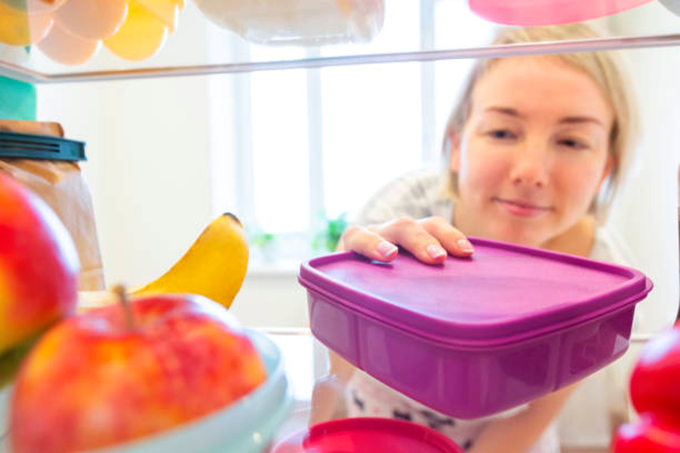Even when the cost of living is high, the average Kiwi family still chucks out three supermarket trolleys worth of wasted food every year. That adds up to about 157,398 tonnes of food which could have been eaten but became waste – most often due to not planning ahead, buying more than we need, or not knowing the best way to store things. Food sent to landfill releases methane, a powerful greenhouse gas, so not only is it bad for our bottom lines, it’s also an environmental hazard.
The Easy Choice – Family Kai meal planner and recipe book can help. It’s an online initiative started by Love Food Hate Waste NZ to help Kiwi families shop, prepare and eat nourishing meals without breaking the bank or throwing out uneaten food. You can access it here for free.

Easy choice family kai meal planner.
With an edition for each season, ingredients for the Easy Choice – Family Kai meals cost approximately $90 per week* and feed a family of six (two adults and four children under 10), or four adults with seasonal, nutritious kai. The weekly meal plans are designed to be zero waste, meaning you should have used all the ingredients by the end of the week so you’re not throwing out any food.
As well as four weeks’ worth of recipes, each book has tips, hints and advice on maximising family food budgets and preventing food waste. Here are just a few:
- Check your fridge, freezer and pantry before you shop as you may already have some of the ingredients on the week’s shopping list. Even if you’re not using Easy Choice – Family Kai, planning meals in advance and making a shopping list can make a big difference.
- Find out what fruit and vegetables are in season because these are likely to be cheaper, but also make the most of frozen vegetables. They’re cheaper than fresh ones but retain their nutritional value so they’re equally as good for you, don’t go off in a few days and are already prepped and chopped, which saves time.
- Food swaps are fine! If vegetable prices change, you can swap for a cheaper option, such as onions instead of leeks, or broccoli instead of cauliflower. If someone in your family doesn’t like a main ingredient in a recipe, that can be swapped out too – beef mince instead of pork, white rice instead of brown. Make the recipes work for you and your whānau.
- When items are on special and you have space to store them in a way they’ll last, it’s fine to stock up. If you have room to freeze meat, buy it on special and freeze it until you need it. If you’re buying in large quantities, separate it into meal-sized amounts before freezing.
- Leftovers can also be frozen, then defrosted and eaten as an easy quick lunch/dinner - or used in meals the following night. Easy Choice – Family Kai has several recipes which do this, such as using leftover roast chicken to make a delicious chicken noodle soup for a totally different meal.
Auckland Council is one of the 52 councils and community groups who support Love Food Hate Waste NZ, which highlights the issue of preventable food waste and aims to reduce the amount of edible food thrown out each year. Reducing household food waste is one easy way to fight climate change at home, by making the most of the resources that have gone into producing kai and preventing greenhouse gases from its disposal.
One of these community groups is Talking Trash Manurewa, which shares helpful videos on living a more planet-friendly life, including how to divert food scraps from landfill. One of their content creators, Bethany Thompson, started her own TikTok channel in 2021 to share what she’s learned about reducing food waste.

Sustainable-living influencer and Talking Trash Manurewa content creator Bethany Thompson says that starting a compost bin was the beginning of her journey into reducing her family’s food waste.
“I’m 29 years old, but I’m only just learning things like recycling and making compost,” says Bethany. “Once I started making the videos I realised lots of people don’t know either. It was cool to share my journey.”
One of Bethany’s most popular videos, which has received half a million views, shows how to make your own baby food using tinned fruit and reusable pouches. Other tips include saving leftover crusts to make French toast and bulk-buying lunch box snacks like popcorn or chips rather than buying lots of individual packets.
“I use bento-style lunch boxes to split up the food. The kids also don’t have to worry about opening packets, and the teachers really appreciate that there’s no rubbish coming into their classrooms.”

Sustainable-living influencer and Talking Trash Manurewa content creator Bethany Thompson says using bento-style lunch boxes and supplying her kids Mahayla (6), Jaxus (9) and Ilani (7) with pieces of fruit rather than whole pieces helps avoid food waste.
Bethany also says composting has been a real game-changer for her. “To me, it’s only wasted if it’s gone to landfill. If it’s going to your backyard it’s not wasted – it’s circular.”
*The pricing of the meals is $90 and is correctly reflected in the website page, but the meal books have stated meals are around $60. Please note that the meal books have not been updated since 2018 and this information is out of date.


